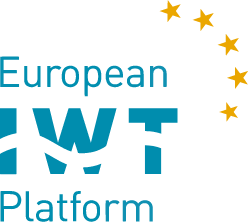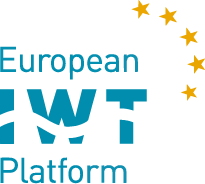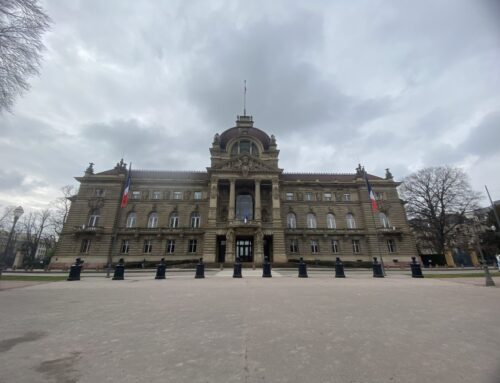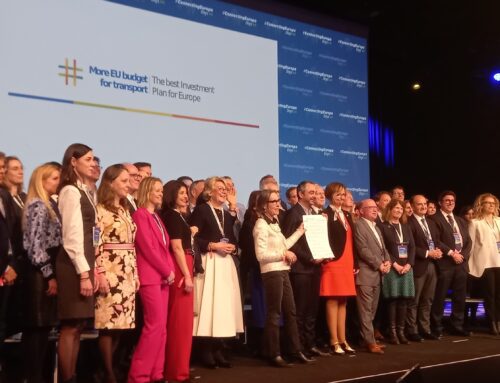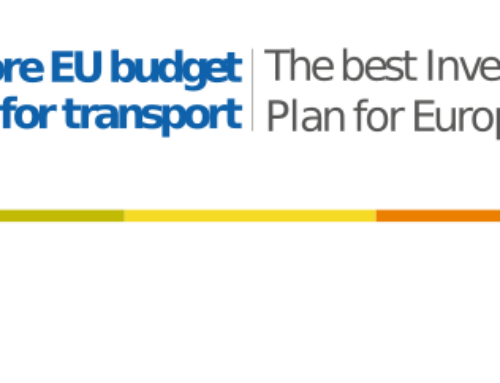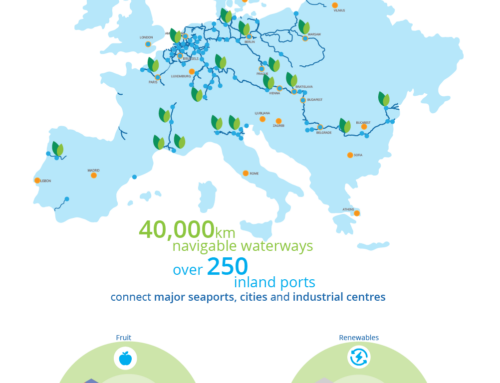Commissioned by the European Commission, CE Delft and partners investigated to what extent the external and infrastructure costs of transport are covered by transport taxes and charges in the EU28 Member States and selected other countries (i.e. Norway, Switzerland, United States, Canada and Japan). It provides an overview of the progress EU Member States have made towards the goal of full internalisation of external and infrastructure costs of transport and it identifies approaches for further internalisation. As input for this analysis, several supporting assessments are carried out, including an update of the Handbook on external costs of transport, a study on the infrastructure costs of transport and the compilation of a comprehensive overview of transport taxes and charges applied in the various countries.
The results of this study are presented in five separate deliverables and published under the website of the CE Delft under the present link:
Study Sustainable Transport Infrastructure Charging and Internalisation of Transport Externalities.
-
- Handbook on the external costs of transport – Version 2019
- Overview of transport infrastructure expenditures and costs
- Transport taxes and charges in Europe – An overview of economic internalisation measures applied in Europe
- State of play of internalisation in the European transport sector *)
- Summary report: Sustainable transport infrastructure charging and internalisation of transport externalities: main findings.
*An overview study commissioned by the European Commission, May 2019:
An overview study of economic internalisation measures applied in Europe commissioned by the European Commission, March 2019:
The study shows that the total external and infrastructure costs for IWT in the EU28 are about € 6 billion, mainly covering infrastructure costs (about 50%) and air pollution costs (about 33%). As there is only a limited number of relevant taxes/charges levied on IWT in the EU28 (in many countries only port charges are levied), the cost coverage ratio found for IWT is relatively low (about 6%).
The study does not draw any political conclusions but shows some ways how to better internalise external costs. For IWT, for example by higher port dues together with charging of emissions. It will, however, provide the basis for future discussions regarding IEC.
